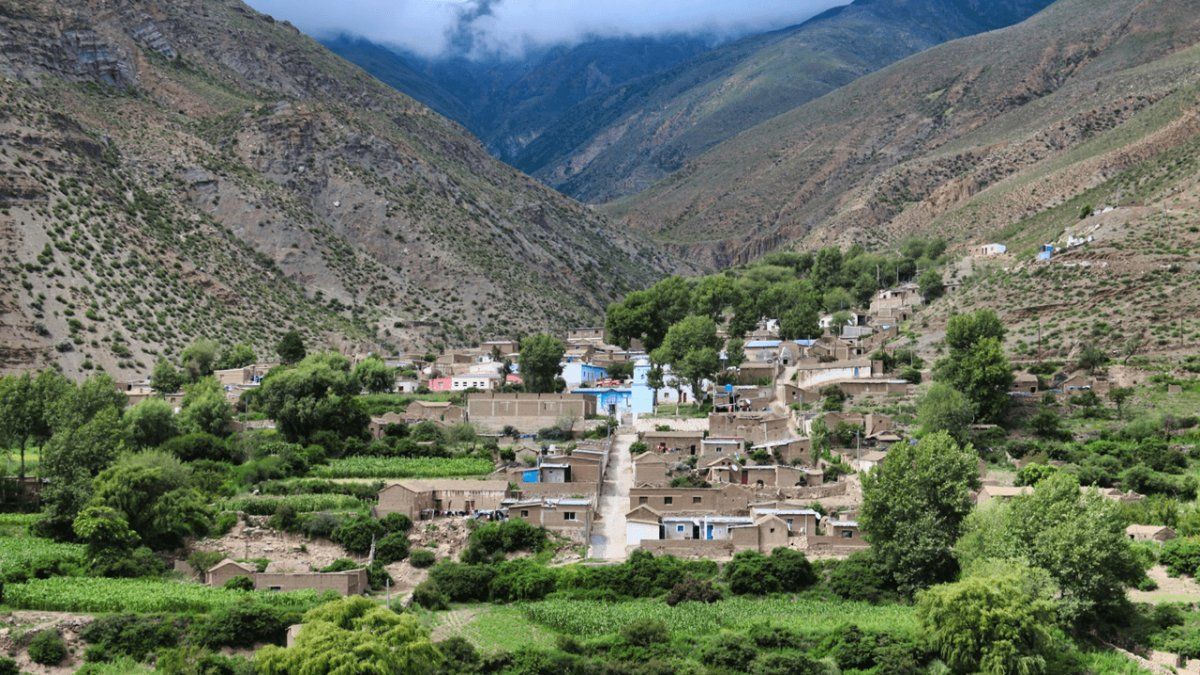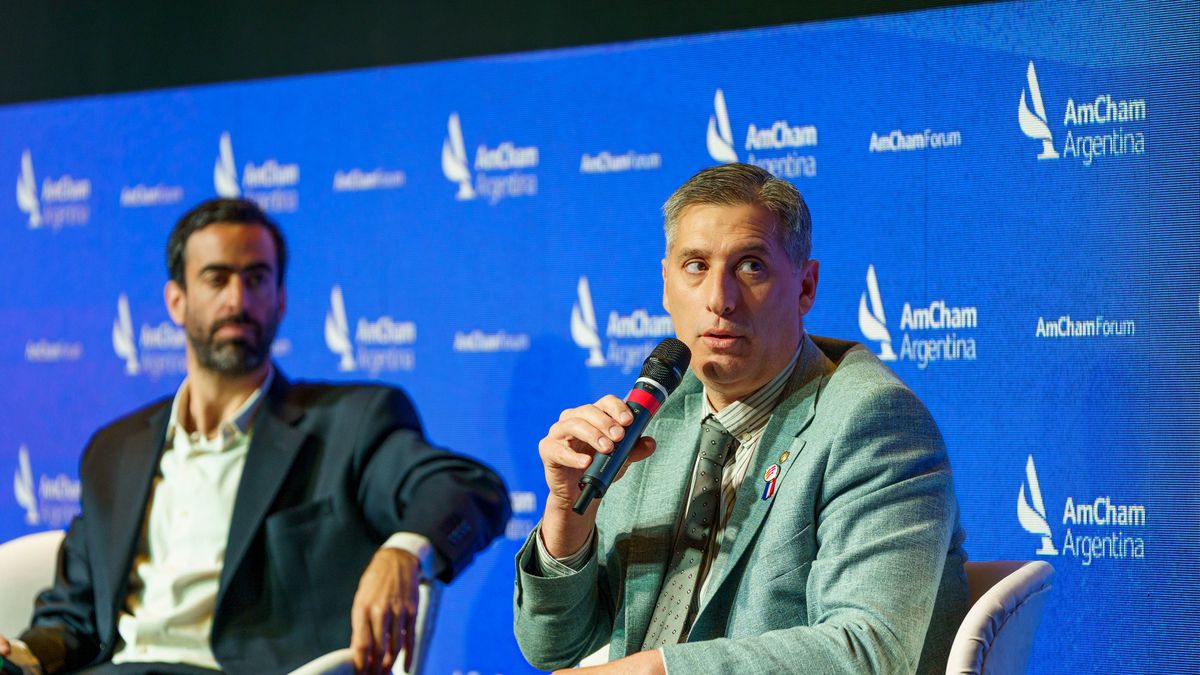According to diplomats, the plans could violate the NATO-Russia Founding Act for Moscow. Secretary General Stoltenberg recently said: “It doesn’t help us to improve our relationship with Russia.”
The defense ministers of the 30 NATO countries have tasked the military leadership of the alliance with developing plans to strengthen deterrence and defense against Russia.
According to NATO Secretary General Jens Stoltenberg, there are plans to station substantially more armed forces in the eastern part of the alliance area. In addition, the air and sea forces under NATO command as well as cyber defense and space capabilities are to be strengthened.
His goal is to let the heads of state and government of the NATO countries decide on the options then available at the summit in Madrid at the end of June, said Stoltenberg. That must be a political decision, he stressed.
Orders of magnitude should already be circulating internally
Stoltenberg left it open how many additional NATO troops could be stationed in the eastern alliance area. According to information from the German Press Agency, however, he has already given a number of orders of magnitude internally in a position paper. These should initially be kept secret.
As several diplomats from the German Press Agency confirmed, from the Russian point of view the plans would probably violate the NATO-Russia Founding Act. Through them, NATO has undertaken, among other things, to refrain from permanently stationing “substantial combat troops” in the eastern alliance area.
However, diplomats emphasize that Russia cannot expect NATO to continue to adhere to all the agreements of the 1997 NATO-Russia Founding Act after the Russian attack on Ukraine. These were taken against the background of a very different European security environment. This is also clear from the founding act.
Lambrecht wants to talk about magnitude
At the NATO meeting, Federal Defense Minister Christine Lambrecht expressed her fundamental support for the plans for the long-term strengthening of the eastern flank, but at the same time made it clear that the extent still had to be discussed. “You still have to talk very carefully about whether this size is actually necessary,” she said of Stoltenberg’s proposals. It is important that troops can be deployed quickly and without long preparation times.
So far, NATO has only permanently stationed multinational units in the Baltic states of Estonia, Latvia and Lithuania and in Poland, which are usually around 1,000 soldiers strong. They were last strengthened in the short term, but it is still unclear what the presence should look like in the long term.
Shortly after it began, the heads of state and government of the NATO countries described Russia’s attack on Ukraine as “the most serious threat to Euro-Atlantic security in decades”. Lambrecht now said: “Even if there are no indications so far that the alliance area is being attacked, we cannot rule it out completely and we have to be prepared.”
Stoltenberg: Russia violates the NATO-Russia Founding Act
NATO Secretary General Stoltenberg himself recently gave an evasive answer to the question of whether the military alliance considers the NATO-Russia Founding Act to be obsolete after the Russian invasion of Ukraine. After the crisis summit of the heads of state and government of the 30 NATO countries, the Norwegian said on February 25: “This is the reality: the NATO-Russia Founding Act does not work because one side, Russia, has violated it for many years. »
With regard to Russia’s attack on Ukraine, Stoltenberg pointed out that the territorial integrity and sovereignty of all countries is the basis of the Founding Act. If you have a Founding Act between two partners and one side doesn’t respect the agreement, the agreement doesn’t work, he said. “It doesn’t help us improve our relationship with Russia.”
The NATO-Russia Founding Act was signed by both sides in 1997 and regulates mutual relations, cooperation and security between the NATO states and Russia. In it, the NATO states also confirm that they have no intention of stationing nuclear weapons with new alliance members. According to diplomats, this should not change for the time being.
Source: Stern
David William is a talented author who has made a name for himself in the world of writing. He is a professional author who writes on a wide range of topics, from general interest to opinion news. David is currently working as a writer at 24 hours worlds where he brings his unique perspective and in-depth research to his articles, making them both informative and engaging.




